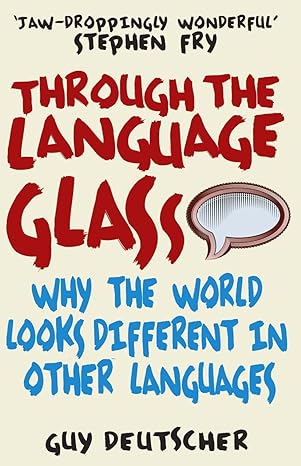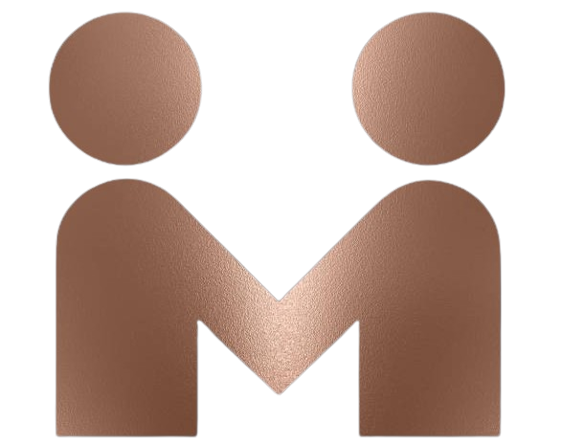European language levels
Basic user
A1
“Hello I am Thomas. I am from England. I have been in the Netherlands for three months and I speak a little Dutch. And you?”
A2
“Hello, my name is Thomas and I am from England. I have been in the Netherlands for six months now and I can already speak a little Dutch. I like the Netherlands very much. What is your name?”
Independent user
B1
B2
“Good afternoon, my name is Thomas and I am currently working as a graphic designer in Amsterdam. That is also the city where I completed my studies. My daily work as a graphic designer consists of designing printed and digital products. My personal interests lie mainly in the field of culture and travel. I speak fluent English and Dutch. In my spare time I enjoy reading and cycling. I am always interested in meeting new people and exchanging ideas on various topics. What brings you here today?”
Proficient user
C1
C2

European Day of Languages
Every year on the 26th of September, the European Day of Languages is celebrated together with the European Commision.
The Day of Languages was introduced in 2001 at the initiative of the Council of Europe.
Click here for more information and to participate in organized activities.
Does language reflect the culture of a society? Is our mother tongue a lens through which we perceive the world? Can different languages lead their speakers to different thoughts?
In Through the Language Glass you are taken on a captivating journey through the intricate relationship between language, culture, and thought. Contrary to the prevailing academic consensus, author Guy Deutscher argues with playful and provocative insight that the answer to all these questions is a resounding “yes.”
This delightful blend of cultural history and popular science will transform your understanding of language’s role in shaping our perceptions and thoughts. Through engaging examples and thought-provoking arguments, Deutscher reveals how our mother tongue profoundly influences how we think and perceive the world around us.
Discover how different languages can lead their speakers to different ways of thinking, opening up new perspectives and enriching our understanding of human cognition. Whether you’re a linguistics enthusiast, a curious reader, or someone fascinated by the complexities of the human mind, this book promises to fascinate and inspire.
Uncover the hidden power of language with Through the Language Glass and see the world through a new linguistic lens!

Advance Yourself and Travel beyond The Horizon

